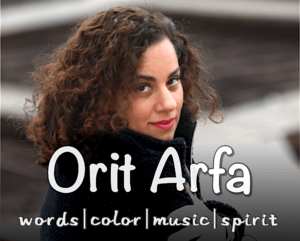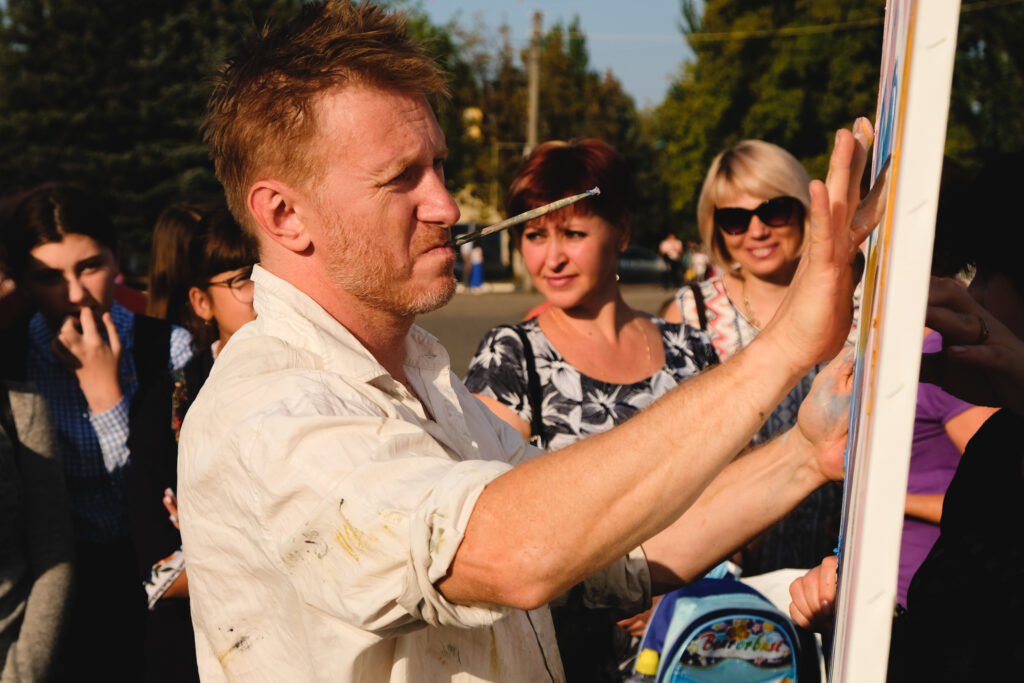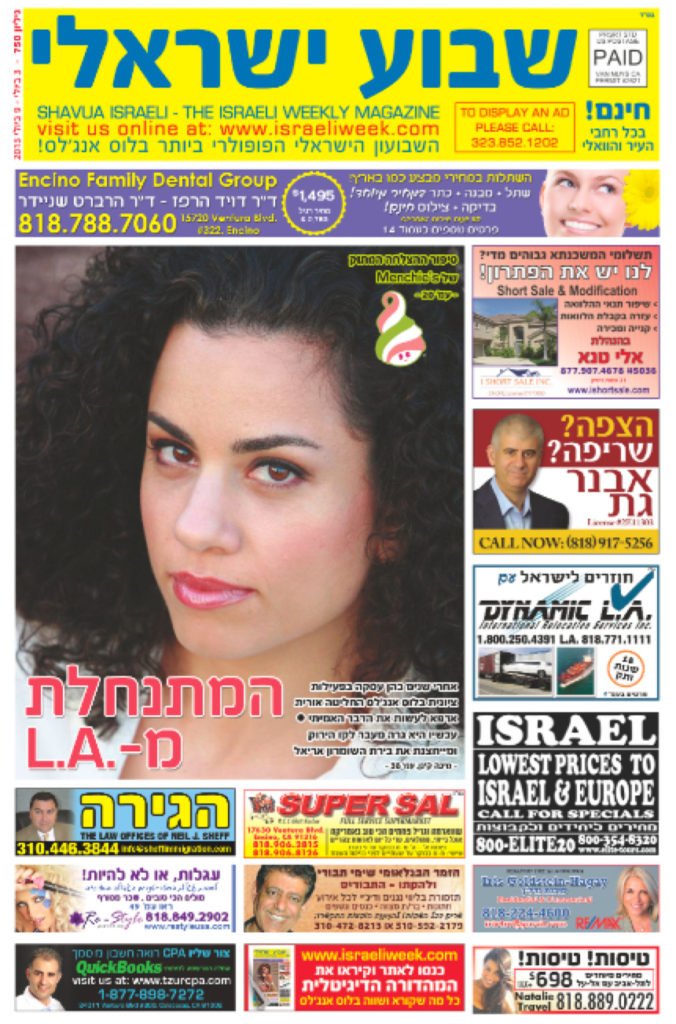“The communities’ aim, in general, is to keep such discussions out of the door,” Olaf Glöckner, a researcher at Potsdam University’s Moses Mendelssohn Center, told JNS. “The community leadership is scared of disastrous outcomes of such discussion.”
After the fall of the Iron Curtain in 1991, an equal number of Russian and Ukrainian Jewish émigrés arrived in Germany. Most joined state-sponsored Jewish communities and integrated, according to Glöckner. And following Russia’s attack on Ukraine nearly a year ago, German Jewish communities mobilized quickly to welcome Ukrainian Jewish refugees.
Abraham Radbil is a rabbi leading a 350-member, Orthodox synagogue in Konstanz, a town near the Swiss border. He came to Germany as a child with his family in 1997 and remains in touch with former classmates in Ukraine, receiving real-time war updates.
“We said that inside the community, there shouldn’t be any political fights,” he told JNS.


